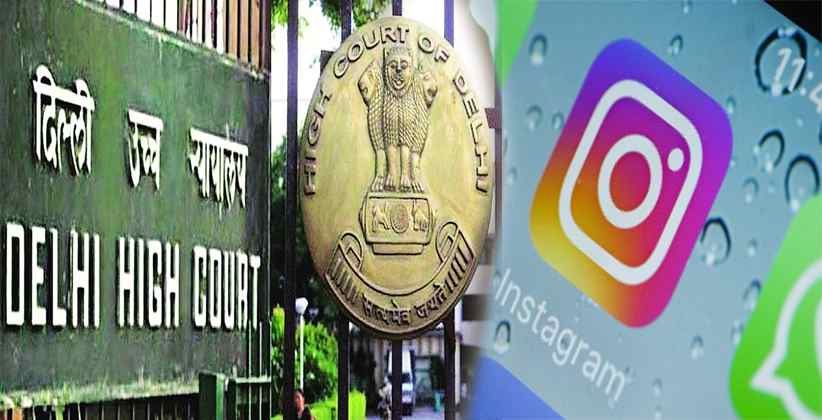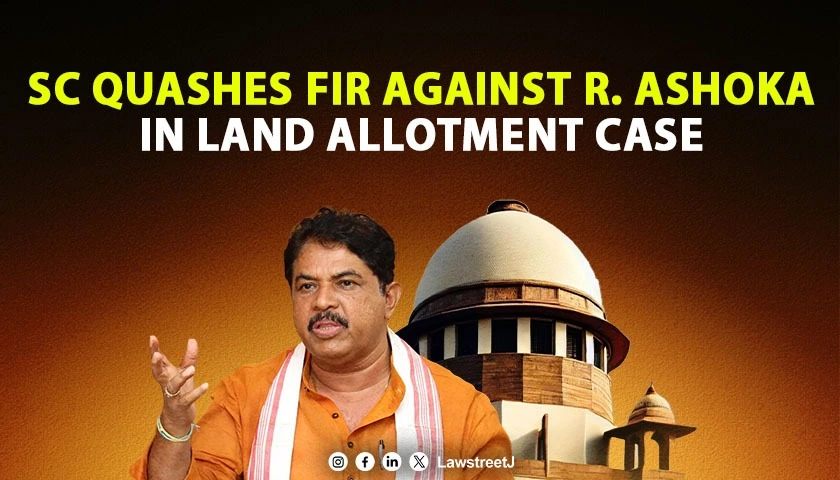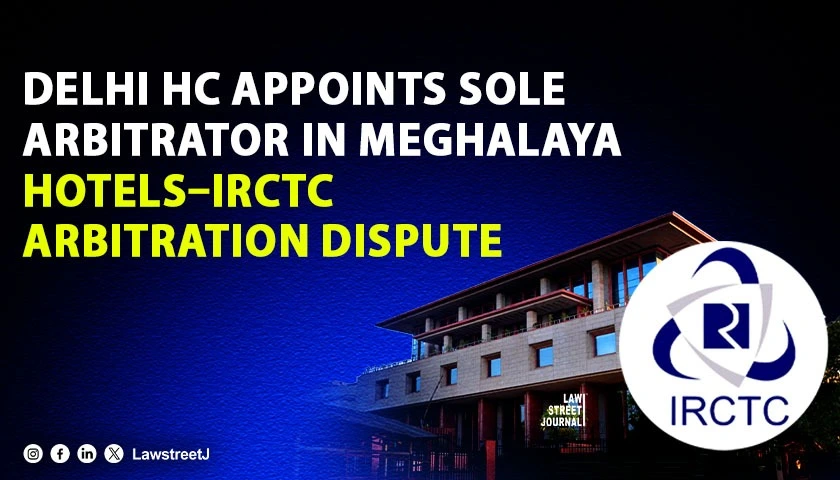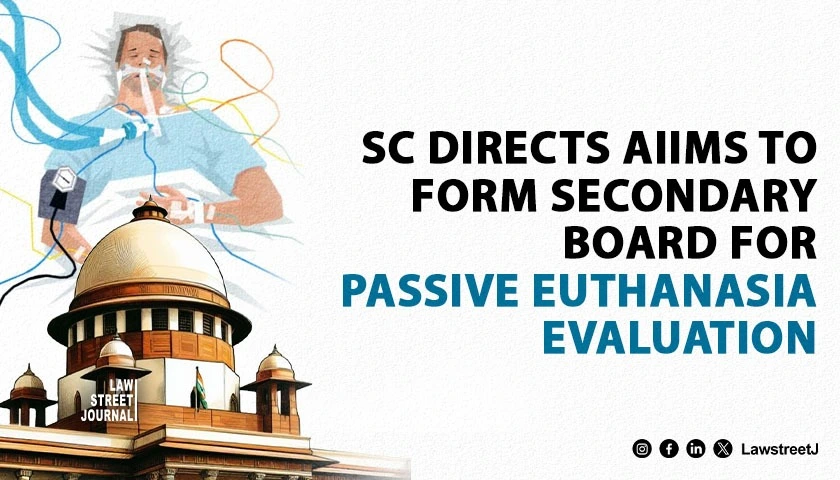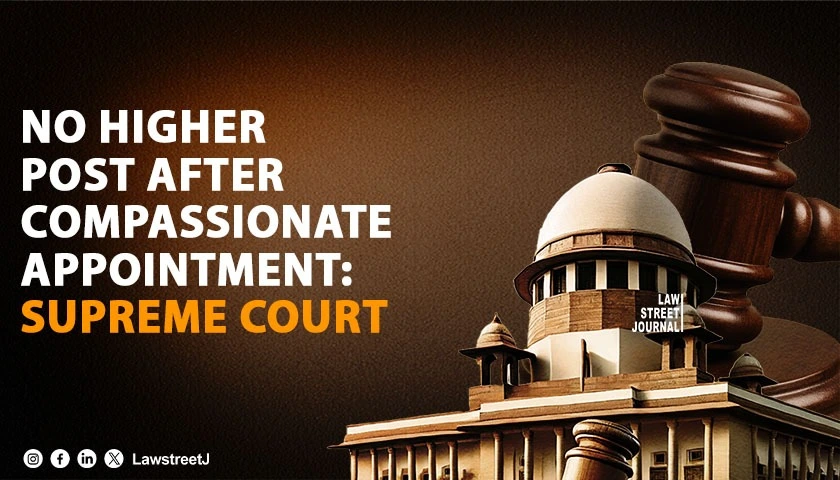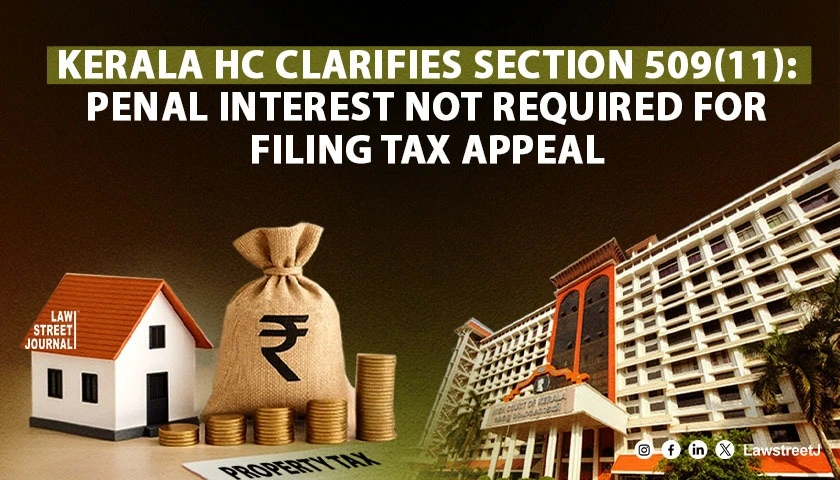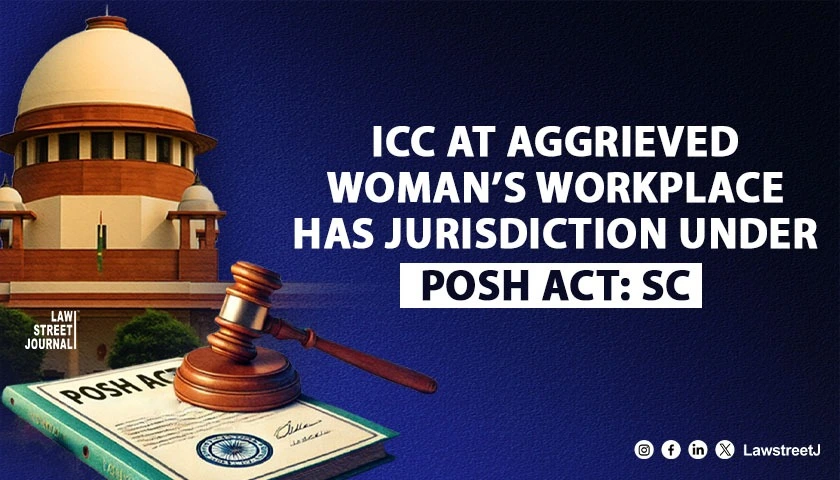The Delhi High Court directed the Delhi Police to take prompt action to take down photographs of a woman posted on a pornographic website without her consent.
The Single Bench of Justice Anup Jairam Bhambhani also referred the case to the Cyber Security Awareness and Detection Unit (CyPAD), as the agency is fully prepared to deal with cybercrime matters.
The order came in a plea moved by a woman (confidential identity) who alleged that the pictures she shared on 'Instagram' and 'Facebook' were mischievously and unlawfully lifted and put on a derogatory captioned porn website.
Mr. Sarthak Maggon, who appeared on behalf of the Petitioner, submitted that the Respondent portal was a bogus website containing pornographic content and that the competent authorities should have banned and removed it from the world wide web.
Mr. Maggon further submitted that the said website was put without authorization, unlawfully and in complete violation of the provisions of the 2002 Information Technology Act and the Indian Penal Code.
Photographs of Petitioner on that website which causes her deep distress, anxiety, and embarrassment.
Further, it was submitted that by reason of the inaction on the part of the authorities, these photographs had already received 15,000 views.
She had also made a report online to the DCP South West, Delhi on 11th July 2020, but to no avail in this regard.
Mr. Maggon has also requested that Facebook Inc., which owns Instagram, will also be held accountable for the privacy and information security policies, terms, and conditions.
Mr. Rahul Mehra, who appeared for the Delhi Government, submitted that urgent and immediate measures would be taken to first remove the photographs of the petitioner posted to the errant website and, subsequently, to identify and prosecute the perpetrators, appropriate investigations would be carried out.
The court provided notices to the Central Government, the Delhi Government and the Indian Association of Internet Service Providers in view of these submissions.
All respondents were asked to apply their counter-affidavits within three weeks.
The court will take the matter up next on 30th July 2020.

